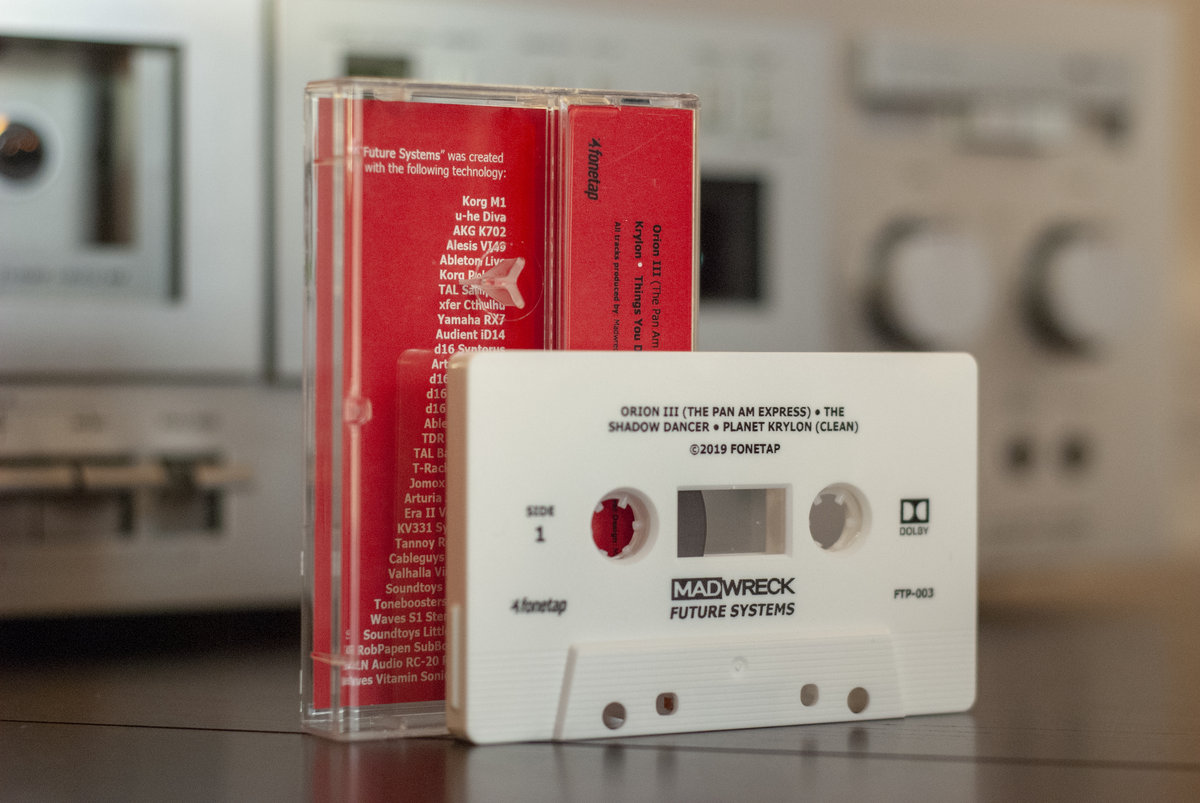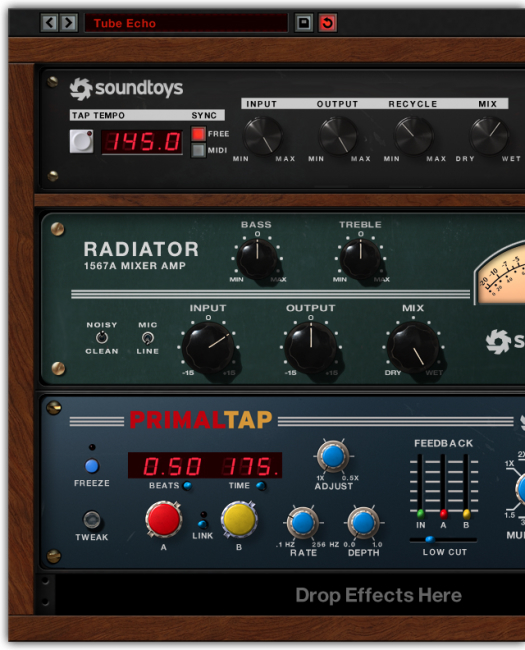
#SOUNDTOYS M1 SOFTWARE#
I don’t particularly like iLok any more than you do, but even with a small plug-in library, it’s unavoidable – and I am absolutely not giving up software from developers like Eventide, Softube, Soundtoys, and others. These days, most iLok users choose the software over the hardware. This does not normally mean using a USB hardware dongle – unless you actively choose to do so.

#SOUNDTOYS M1 LICENSE#
“iLok” is something of a four-letter swear word for a lot of music producers, but what this means in practice is running the iLok License Manager software (directly or via a pop-up), clicking authorize, and then (hopefully) forgetting about it. Those details aren’t generally public, but it does sound like this is slowly getting fixed. What some developers have reported is that they aren’t able to ship M1-native versions yet because they’re waiting on iLok and PACE. It’s not only about the new architecture it’s also about finding updates that are tested on the newer OSes shipped on newer machines. People with more plug-ins notice this more than those with fewer. Occasionally ones that weren’t updated cause an issue here. I realize these are generalizations, but in day-to-day usage, they’re probably what you’ll actually experience. And that’s keeping in mind the Mac mini is an entry-level machine. When developers do deliver M1-native versions, it’s hard not to miss that things run faster, smoother, and you just stop looking at CPU meters even on the non-Pro/Max M1 like this Mac mini I’m typing on now. With a mixed array of plug-ins, it’s just that you tend to mistrust the ones that haven’t been updated – not so much because they’ll run slowly as they’ll have some unpredictable UI or loading glitches. Look, the honest truth is – you can get by just fine with Rosetta 2 and a lot of plug-ins. (You can also get obsessive and right-click and copy the support information.) Newfangled’s works the same way, and just shows ARM instead of M1. It’s silky smooth, which is what you want from everyday plug-ins that you live with.īy the way, if you want to check if the plug-in is running as M1 native, you can just hover your mouse over the Eventide logo and see – it’ll show M1 if it’s running natively (as here in Ableton Live 11.1 beta): Newfangled and their Elevate Mastering Bundle just missed the cut, but I’m already running pre-release software successfully from that suite and those downloads should be available soon.
#SOUNDTOYS M1 SERIES#
That’s a lot of great stuff – H3000, H9 series (Blackhole and MangledVerb and UltraTap), the excellent Anthology, Omnipressor, the H910 and 949 harmonizers, Ultraverb, and Tverb, to name a few. Only AAX is missing – because, well, Avid.

(They’re universal builds, so you can swap between machines and hosts easily.) They also support macOS Monterey and Windows 11.

#SOUNDTOYS M1 FULL#
Eventide’s full software range of plug-ins (AU, VST2, and VST3) now all support Apple Silicon M1 natively. (I’m also running Ableton Live’s public 11.1 beta and haven’t looked back.) So as it has in the last 30 years of Mac processor transitions, stuff like plug-ins is what probably holds you back from upgrading. And the fact they run on iLok suggests more iLok-based plug-ins from other vendors are likely inbound soon, too.ĭAWs are mostly easy – especially if you use something like Apple’s own Logic, which is M1 native. Eventide is the latest, bringing a massive arsenal of essential stuff. The floodgates are open, and not only are we seeing new Apple hardware, but M1 native plug-ins to take advantage of it, too.


 0 kommentar(er)
0 kommentar(er)
